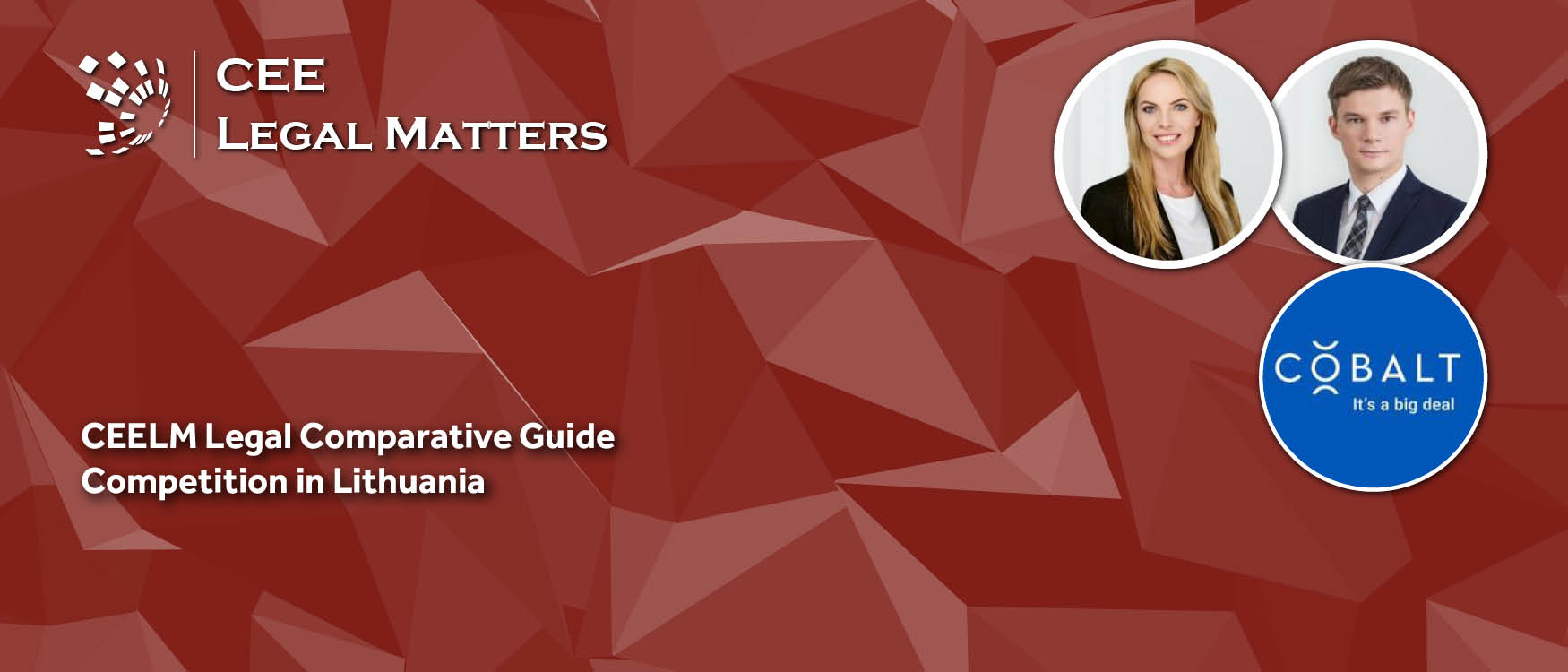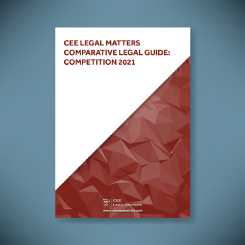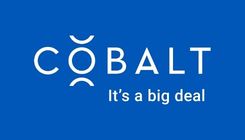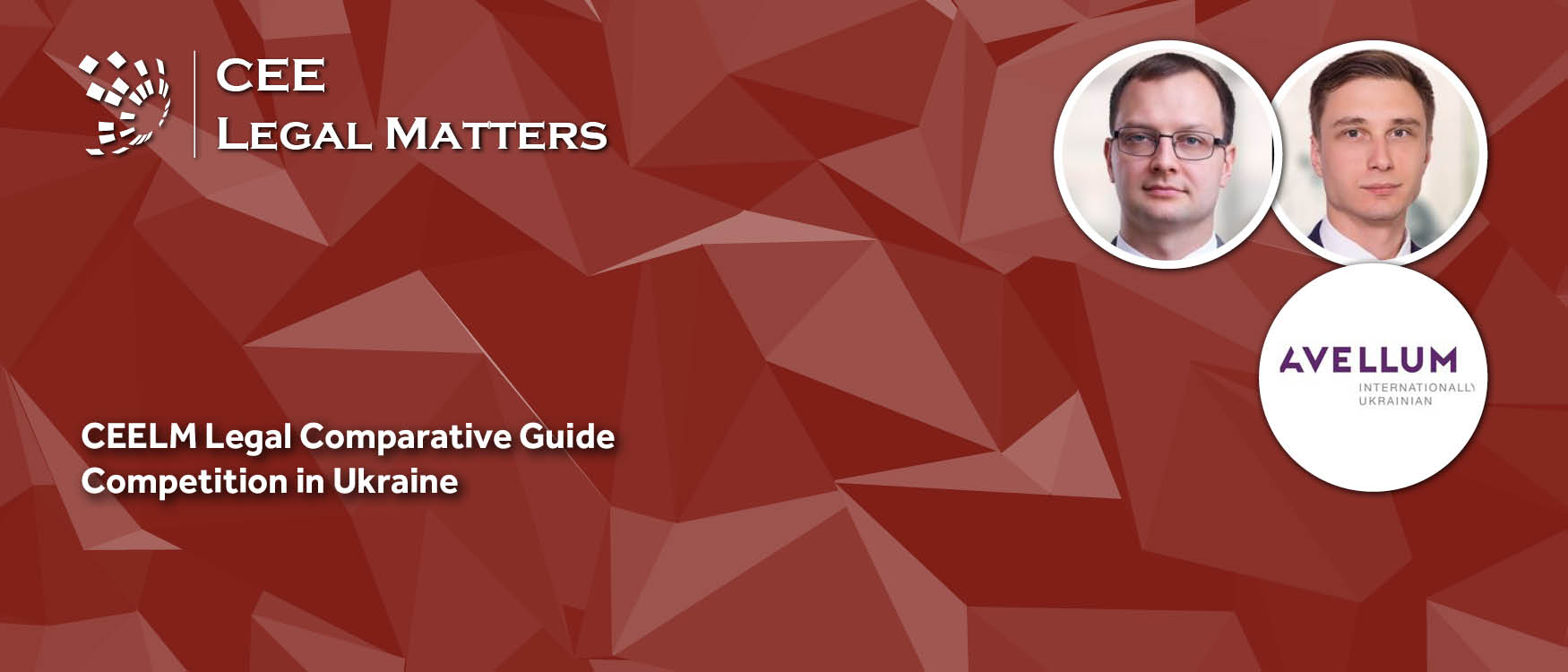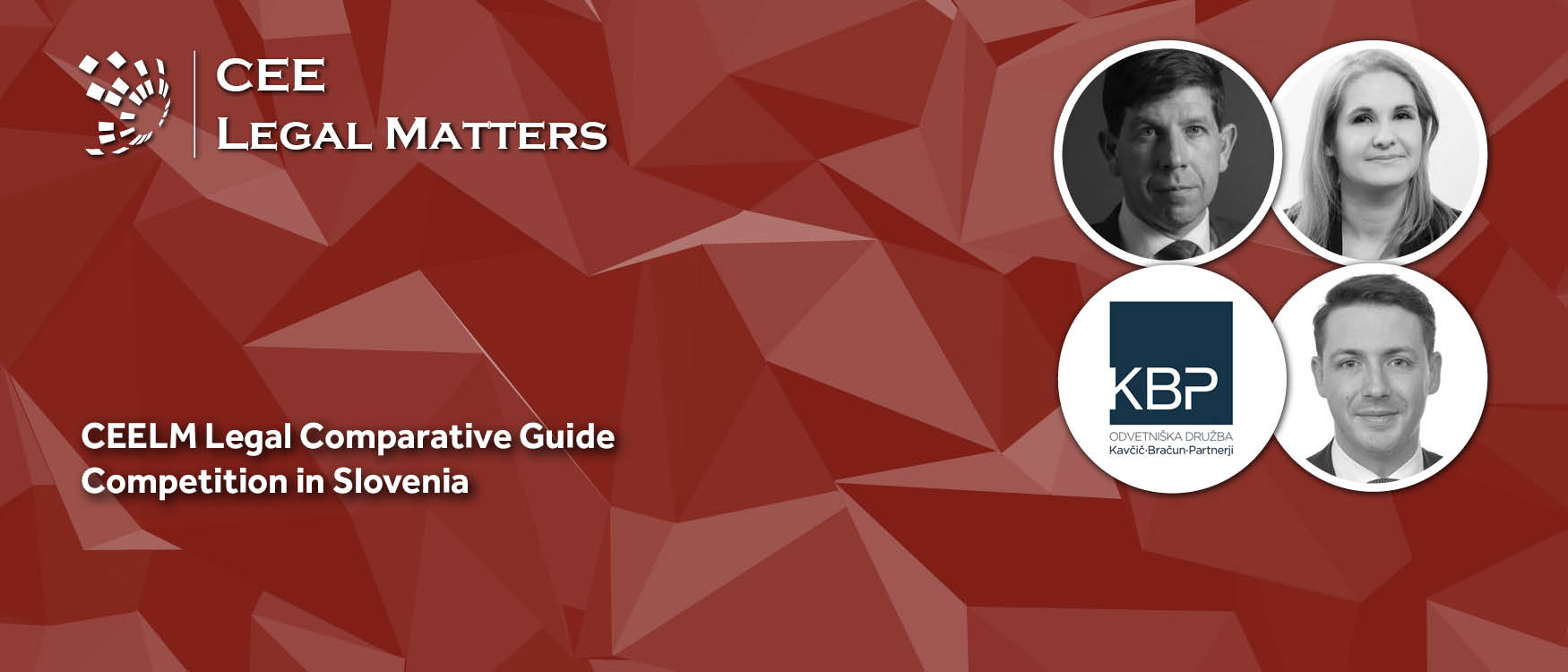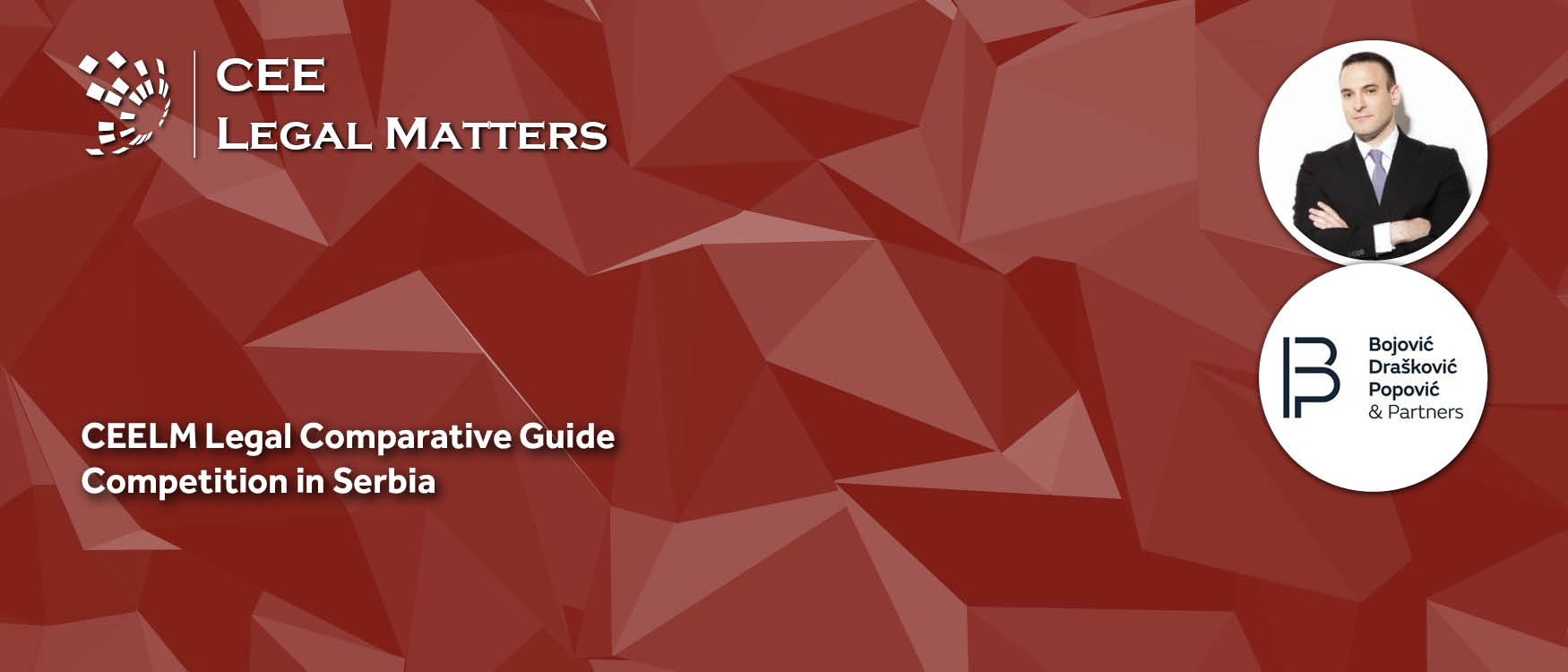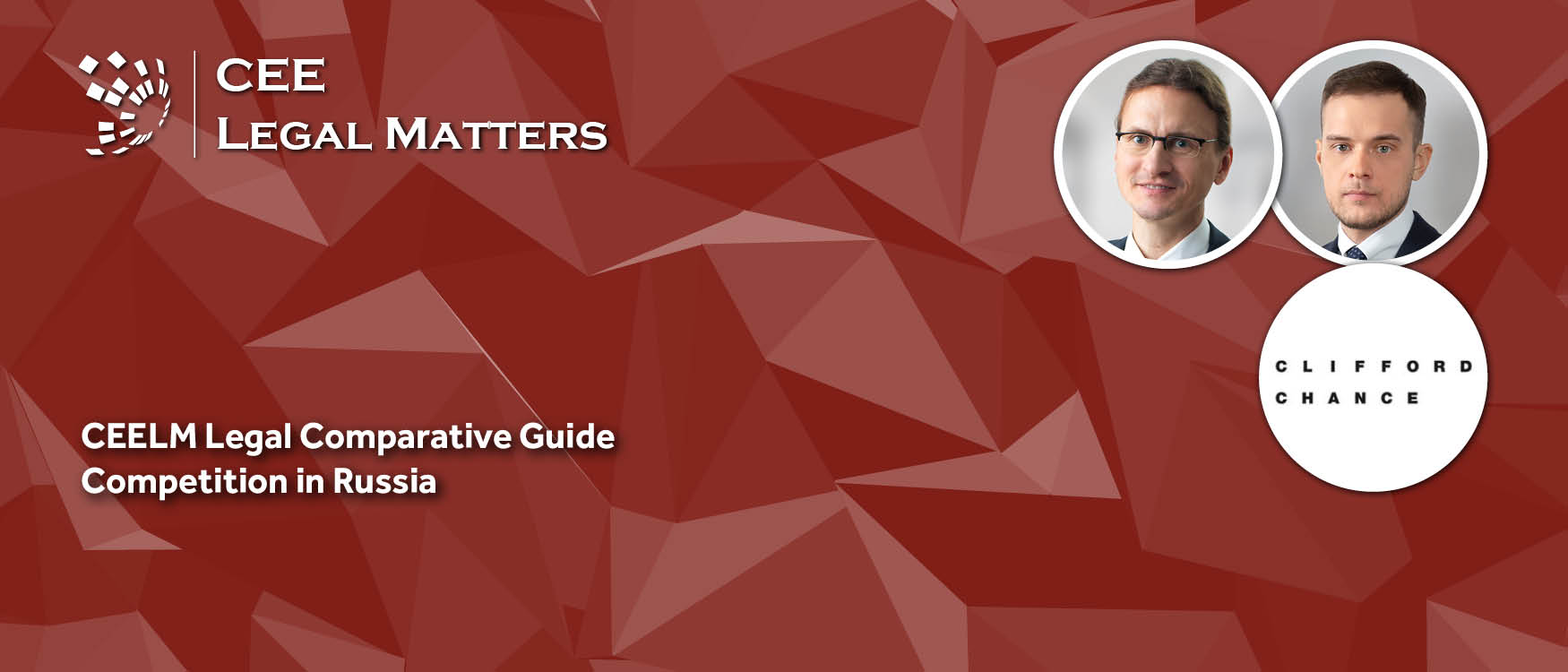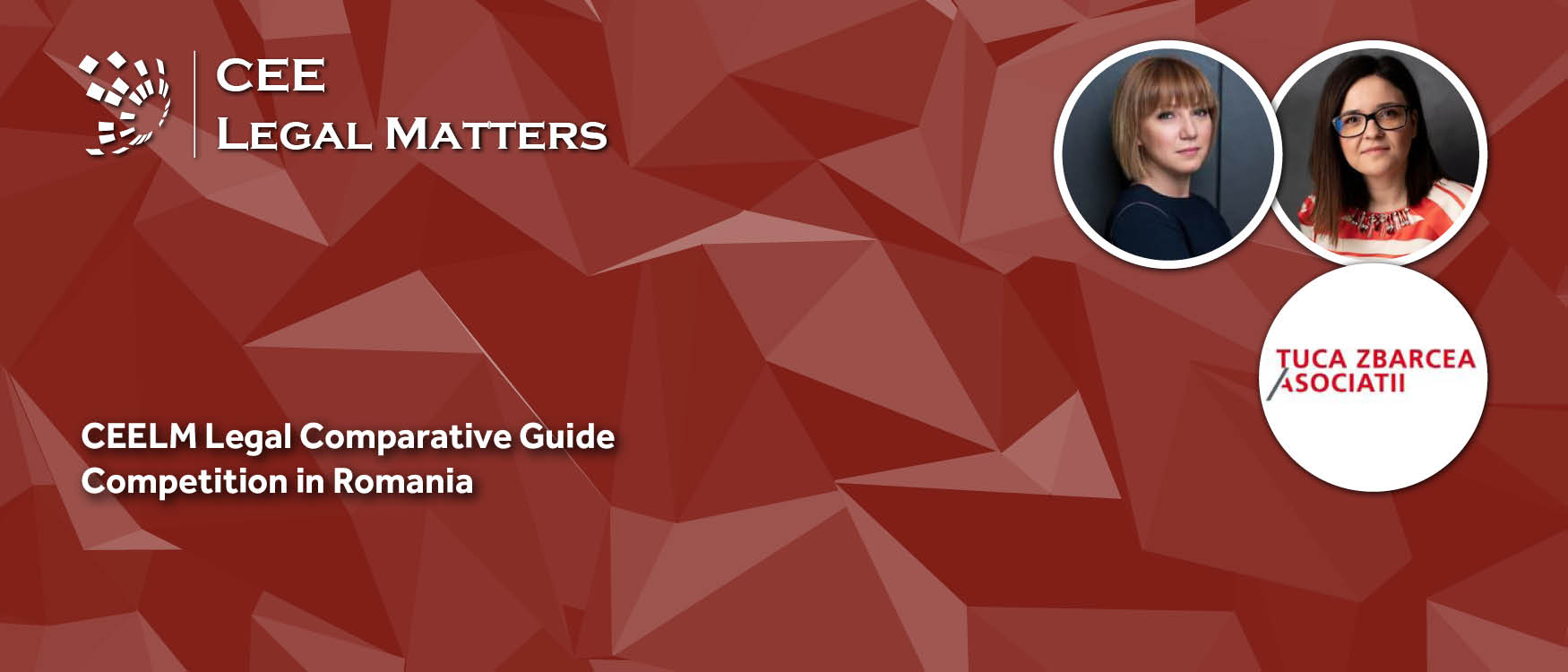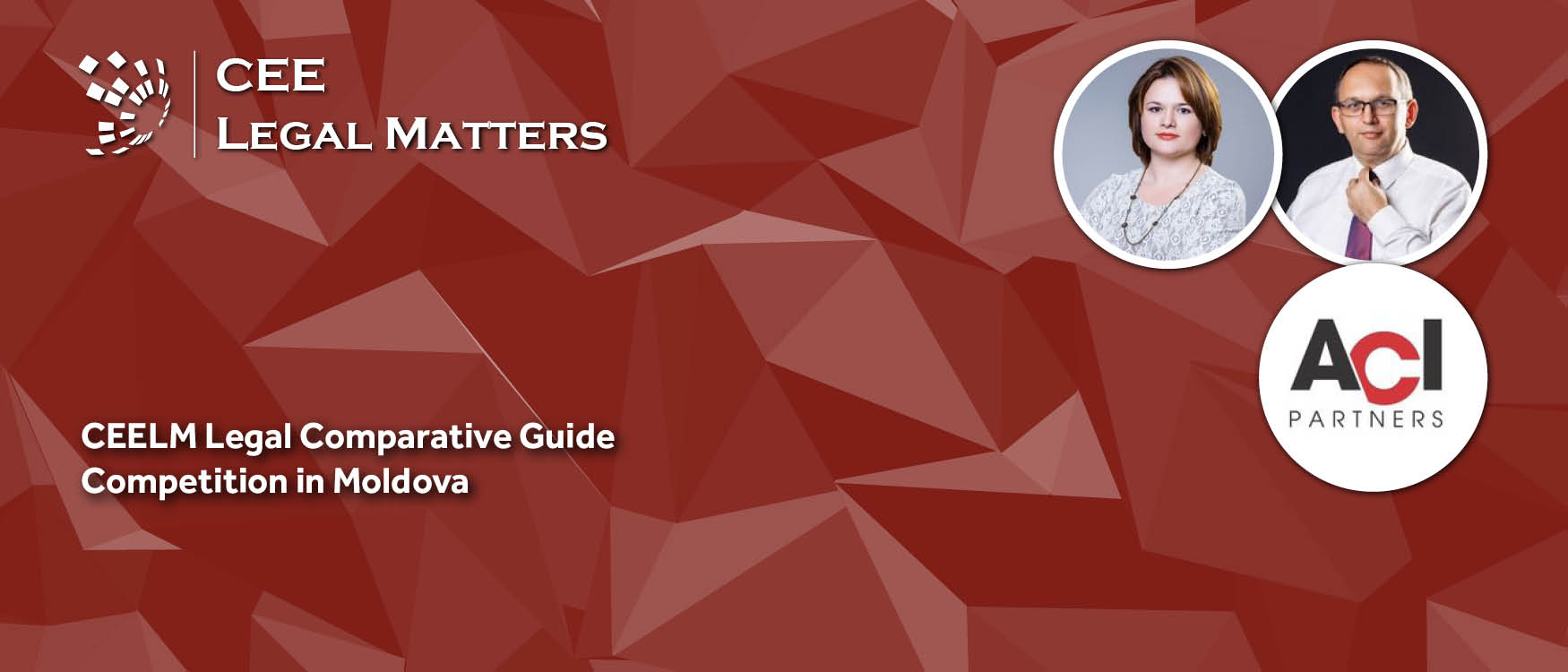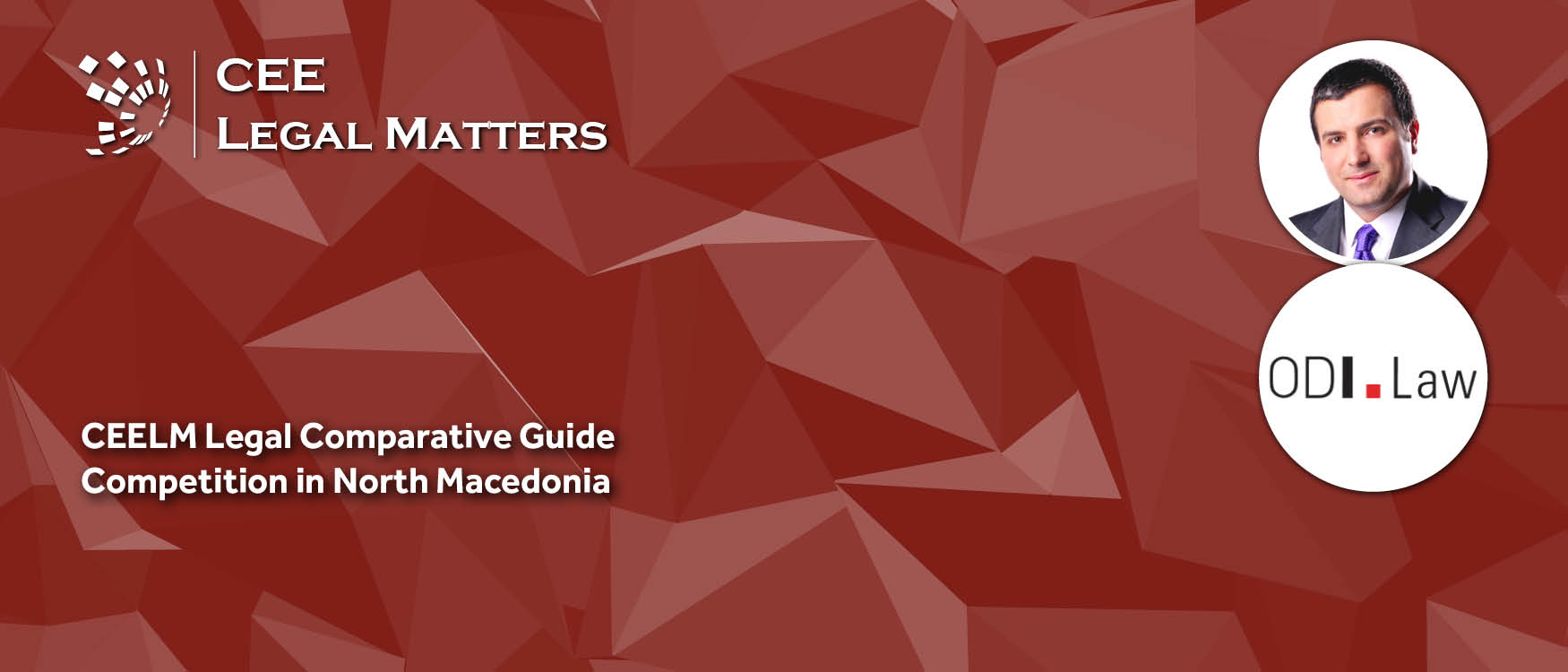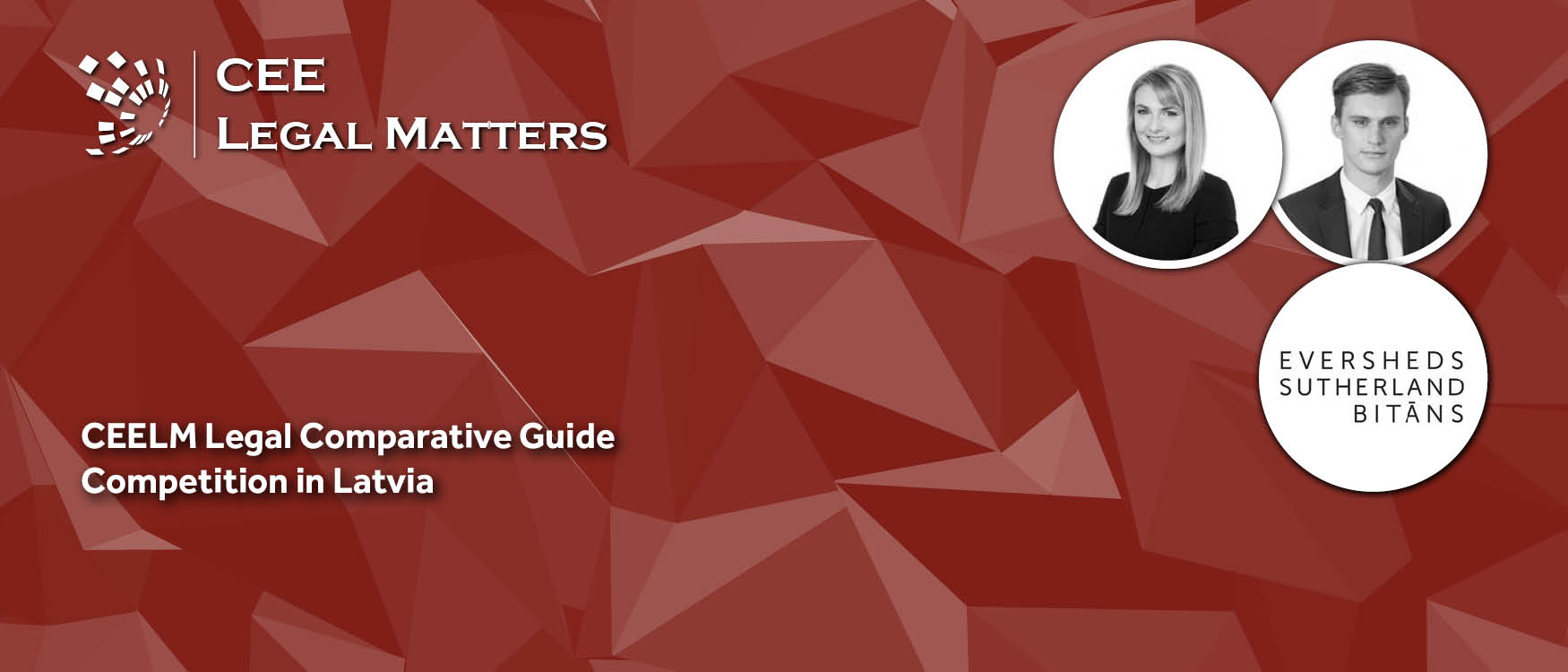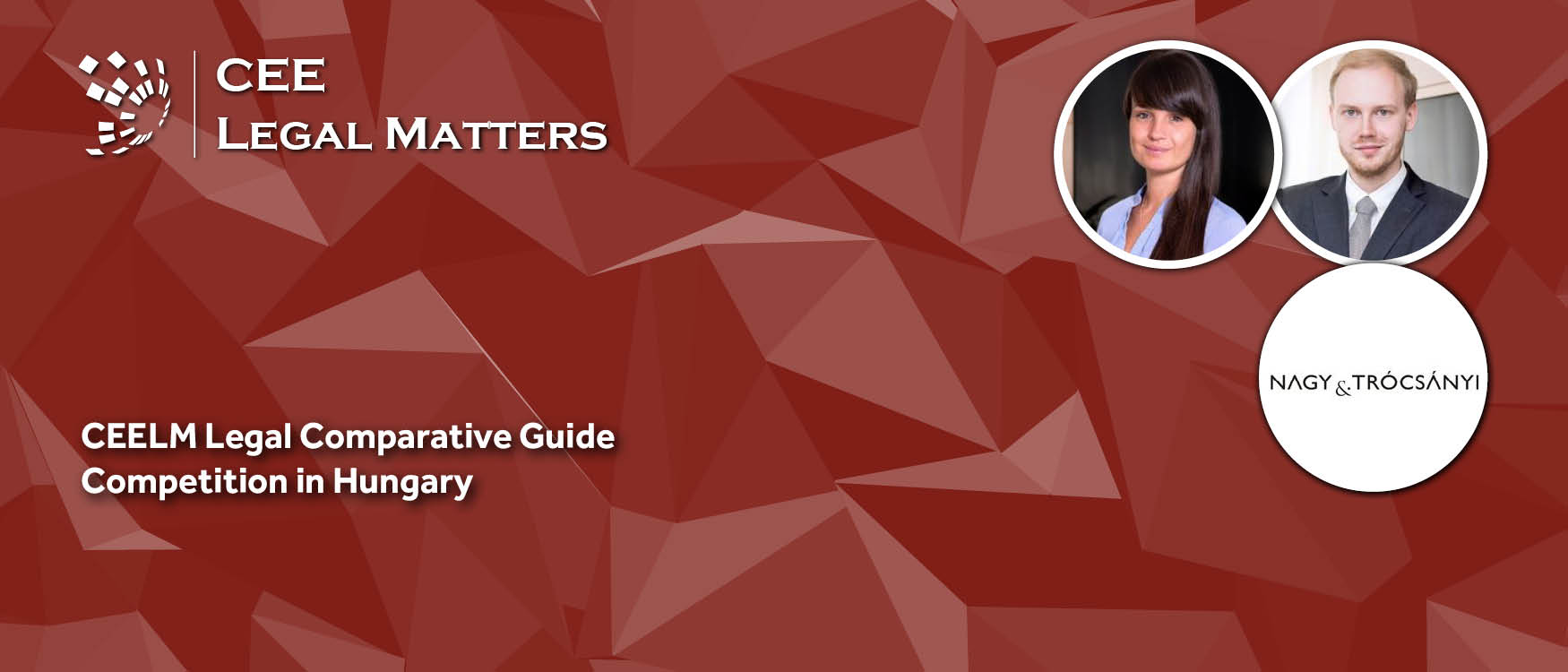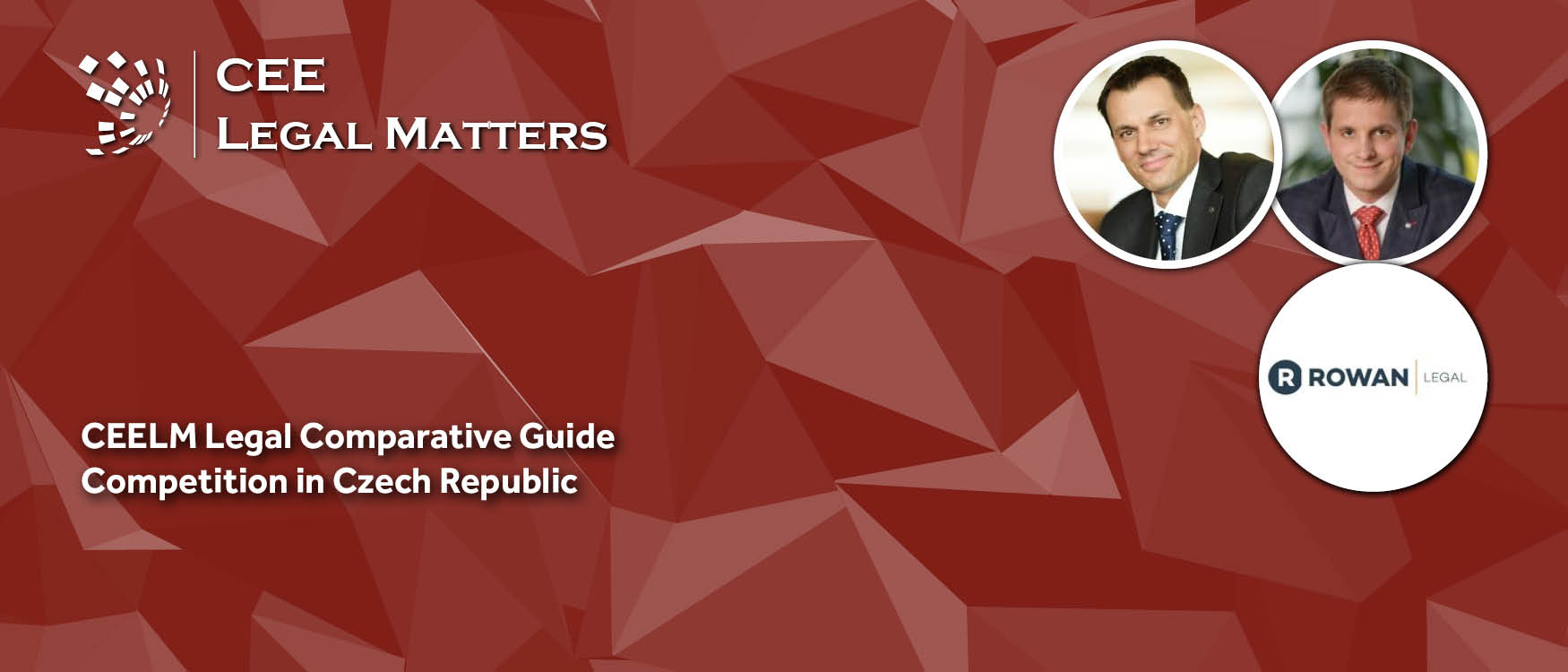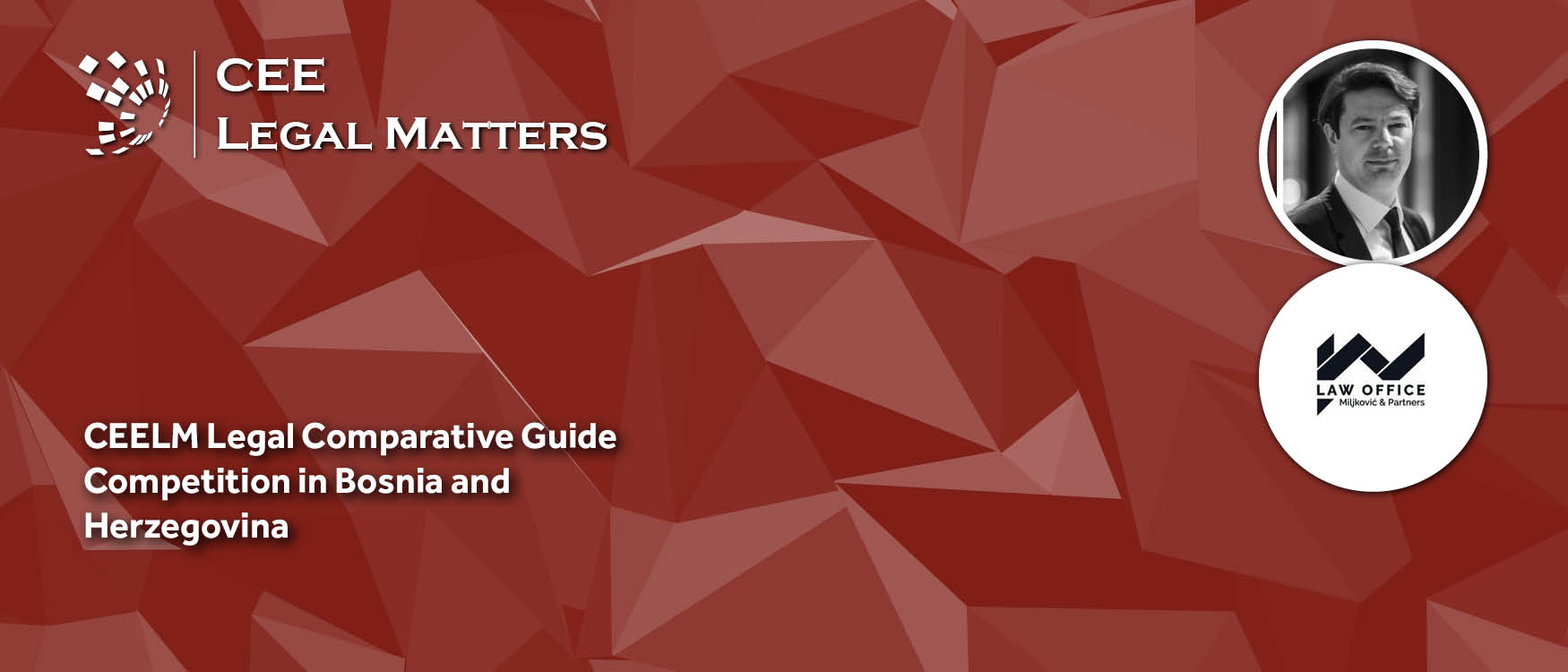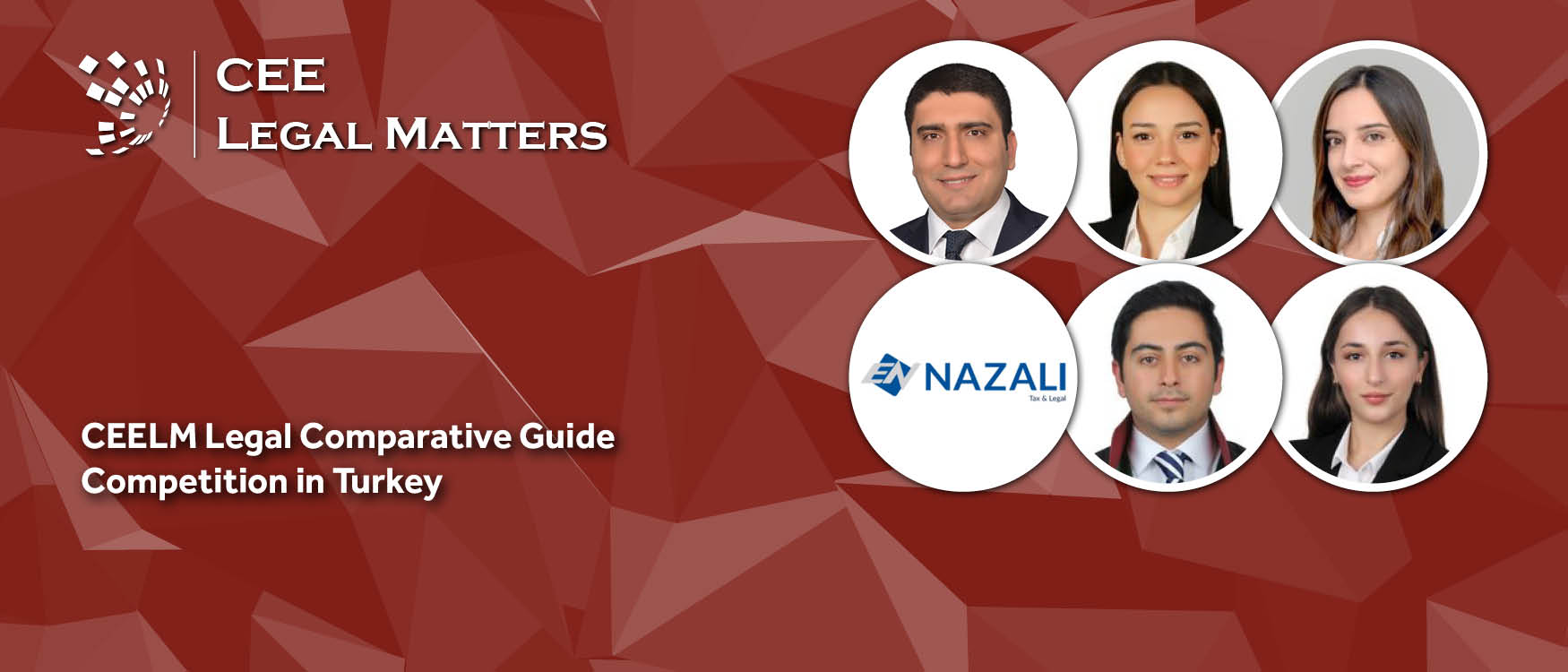Contributed by Cobalt.
1. What are the main competition-related pieces of legislation in Lithuania?
The Law on Competition (1999-03-23, VIII-1099) would be the main piece of legislation. In terms of material issues, it covers all standard competition law matters (agreements, dominance, concentrations), also imposes specific restrictions upon public institutions (duty of non-discrimination and duty to ensure fair competition), prohibits unfair trading practices (divulgement of commercial secrets, misuse of trademarks and similar), regulates matters related to private claims for damages. Also, the Law on Competition sets up the institutional structure, covers enforcement, liability, and international cooperation issues.
In addition to the standard Law on Competition, there are also a few competition-related pieces of legislation.
The Law on Prohibition of Unfair Practices by Retailers (2009-12-22, XI-626) is a sectoral law that prohibits certain unfair trading practices by large retailers vis-a-vis suppliers, except for suppliers with an annual turnover exceeding EUR 350 million. It establishes a list of arrangements which retailers are restricted from concluding with smaller suppliers, in addition to the new law implementing the UTP Directive.
The Law on Municipal Government (1994-07-07, I-533) mostly deals with municipal government issues, but also contains specific provisions which require municipalities to seek permission of the Lithuanian Competition Authority if they intend to take up new economic activities or establish new entities.
2. Are there any notable recent (last 24 months) updates of the Lithuanian competition legislation?
The Law on Competition has been amended and entered into force as of November 2020 to transpose the ECN+ Directive (Directive 2019/1 of the European Parliament and of the Council of December 11, 2018). Although the Law on Competition already mostly contained provisions that were required to be transposed, there were a few additional novelties introduced even beyond the ECN+, the most significant ones being:
- additional bases under which the Lithuanian Competition Authority may suspend concentration procedures;
- amendments and clarifications regarding liability issues (conditions under which joint liability may be applied in respect of economic units, special liability mechanisms for associations and other, clarifications regarding the base);
- international cooperation issues for competition authorities.
The Law on Prohibition of Unfair Practices by Retailers has been amended and enters into force as of November 2021, generally expanding its coverage to include more suppliers which may enjoy its protection, allowing the Lithuanian Competition Authority to conclude dawn raids, tying fines to retailers’ annual turnover (and thereby potentially increasing them substantially), and adding various other procedural enhancements. Also, the law implementing the UTP Directive enters into force as of November 2021.
3. What are the main concerns of the national competition authority in terms of agreements between undertakings? How about the sanctioning record of the authority?
Regarding horizontal cartel investigations, in practice recently the Lithuanian Competition Authority has been mostly pursuing bid-rigging arrangements in public procurement and similar procedures. However, this is merely a general tendency and there are some notable exceptions, such as involving decisions of associations, and direct price-fixing cartels.
As for vertical agreements, there has not been major activity within the last few years, although the Lithuanian Competition Authority is always on the lookout especially for resale price maintenance arrangements, and, to a lesser extent, unjustified exclusivity arrangements.
As for the sanctioning record, it must be said that it is not unusual for the Lithuanian Competition Authority to impose the maximum fine (which is at 10% of annual turnover), or at least an otherwise very substantial fine. Joint liability with other entities under the economic unity doctrine is also not uncommon.
4. Which competition law requirements should companies consider when entering into agreements concerning their activities on the Lithuanian territory?
Generally, the Lithuanian competition law regime does not differ much from that of most other EU jurisdictions, as both the Lithuanian Competition Authority and the national courts endeavor to keep national practices consistent with those of the European Commission and courts.
Usually, agreements entered into by international companies concerning Lithuania are vertical, such as distribution or similar supply agreements. Therefore, some caution is warranted if such agreements contain restrictions of resale prices (such as outright restrictions for the buyer to set its resale prices freely), exclusivity arrangements (single branding, exclusive distribution, or similar), also quantity-forcing arrangements (minimum purchase amounts, non-linear discounts, or similar). More often than not, such arrangements may be justified if neither counterparty’s market share exceeds 30%, although some specific arrangements are more difficult to justify, such as fixed or minimum resale price restrictions, single branding arrangements concluded for a term exceeding 5 years.
It must be additionally noted that the Lithuanian market is quite small, and the Lithuanian Competition Authority is never easily convinced of geographic market definitions which exceed the Lithuanian territory, which means that it is easier to exceed the 30% market share threshold beyond which it may be more difficult to justify vertical restraints.
5. Does a leniency policy apply in Lithuania?
Yes, in respect to horizontal anti-competitive agreements and vertical price-fixing agreements (however, notably, leniency does not apply to anti-competitive exclusivity or single branding arrangements, and similar).
The cumulative conditions for leniency are as follows:
- the undertaking revealed its participation in an anti-competitive agreement,
- it was the first participant to produce evidence not already possessed by the Lithuanian Competition Authority of the anticompetitive agreement sufficient to conduct dawn raids or prove the infringement,
- it ceased its participation in the infringement, unless instructed otherwise by the Lithuanian Competition Authority,
- it cooperates with the Lithuanian Competition Authority throughout the course of the investigation,
- it did not attempt to hide any evidence of the infringement or disclose its intention to apply for leniency to any other parties, and
- it was not the initiator of the anticompetitive agreement.
If certain conditions are not met, such as the undertaking being first to submit evidence, or being the initiator of the infringement, the undertaking may still receive a reduced fine if it provides additional important evidence that the Lithuanian Competition Authority did not already possess.
Contrary to certain other jurisdictions, so far the leniency procedure has not been a major source of investigations for the Lithuanian Competition Authority.
In addition, an individual whistleblower may submit evidence about a possible horizontal anti-competitive agreement or vertical price-fixing agreement to the Lithuanian Competition Authority and receive a financial award of up to EUR 100,000 provided that the conditions under the Law on Competition are met.
6. How is unilateral conduct treated under Lithuanian competition rules?
Generally, the Lithuanian competition law regime does not differ much from that of most other EU jurisdictions, as both the Lithuanian Competition Authority and the national courts endeavor to keep national practices consistent with those of the European Commission and courts.
Unilateral conduct may be found to be anticompetitive if performed by a dominant undertaking. Anticompetitive conduct may take the form of excessive or predatory pricing, tying and bundling, refusal to deal, margin squeeze, exclusive dealing, and others.
7. Are there any recent local abuse cases of relevance?
The Lithuanian Competition Authority has not identified any abuses of dominance since 2010. However, there have been numerous terminated investigations (including with commitments), so it cannot be said that abuse of dominance is ignored altogether.
That being said, it can be safe to consider that such investigations are not the main focus of the Lithuanian Competition Authority. Perhaps tellingly, the Lithuanian Competition Authority does not maintain a dedicated investigative unit within its structure for abuse of dominance cases. Previously abuse of dominance issues were dealt with by the unit responsible for merger procedures, and now this matter has been transferred to the unit which deals with investigations against anticompetitive conduct by public authorities.
8. What are the consequences of a competition law infringement?
The maximum fine imposed by the Lithuanian Competition Authority for an infringement is capped at 10% of the worldwide turnover. In case of infringement, the Lithuanian Competition Authority is also authorized to order the termination, amendment, or conclusion of contracts, and, as part of commitments offered by the infringing party, a company’s reorganization or sale of the company, property, or shares. In addition, the infringement may result in personal liability of managers (a fine of EUR 14,500 and a ban on holding a managerial position for 3-5 years) and disqualification of companies from public tenders for up to 3 years.
In addition, the contracts may be declared null and void due to infringement of competition law. Private antitrust damages cases may also be initiated and the damages caused by competition law infringement may be awarded.
9. Is there any competition law requirement in case of mergers & acquisitions occurring or impacting the Lithuanian market?
The intended merger must be notified to the Lithuanian Competition Authority prior to its implementation and its permission to implement the merger must be obtained if the combined aggregate income of the undertakings concerned in the business year preceding the concentration exceeds EUR 20 million and the aggregate income of each of at least two undertakings concerned in the business year preceding the concentration exceeds EUR 2 million.
Ex post concentration control is also applicable in Lithuania under certain conditions determined in the Law on Competition.
10. What is the normal merger review period?
The general term for review of a merger is four months, but this can be shorter or longer, depending on the complexity of the merger and the quality of work by the parties.
Usually, initial merger notifications are not admitted immediately, but are either discussed and reconciled with the Lithuanian Competition Authority informally or, if the submitting party opts to conduct a formal submission, the authority returns with formal requests for additional information. Either way, the pre-admission stage may take 2-4 weeks for simple mergers, or several months for complicated ones.
Simple merger filings are usually dealt with within one month after their admission.
As for more complex filings, the general term of four months can be extended by a so-called “stop-the-clock” decision. For instance, if the parties fail to provide the information requested by the Lithuanian Competition Authority during the investigation process, the authority may suspend its investigation until the information is provided. The total “stop-the-clock” term may not exceed three months. If the three-month term is exceeded, the investigation is terminated and it is considered that the notification has not been submitted.
Moreover, the Lithuanian Competition Authority can prolong the investigation period for up to one month if the undertakings which submitted the merger notification request the prolongation or if additional information is provided in less than 20 days before the end of the investigation period.
In case the merger clearance decision is subject to remedies, the Lithuanian Competition Authority can extend the merger investigation period for an additional one month based on the request of the undertakings which submitted the merger notification.
11. Are there any fees applicable where transactions are subject to local competition review?
A filing fee of EUR 11,000 applies in 2021 (which is reviewed each year and may be changed). The fee for the examination of a request to perform individual merger actions is EUR 3,300.
12. Is there any possibility for companies to obtain State Aid in Lithuania? If yes, under what conditions?
European Union rules on State Aid are applicable in Lithuania. According to the provisions of the TFEU, member states, including Lithuania, have to inform the European Commission of any plan to grant the aid. Exceptions are applicable, for example, de minimis aid and aid granted within block exemptions do not require prior notification. The aid cannot be granted until approval from the European Commission. The European Commission is the sole competent authority to determine compliance of granted aid with the law of the European Union.
State aid to companies may be granted on the basis of approved aid schemes or individual aid projects. The aid schemes set forth the terms and conditions, as well as the forms and legal bases for granting aid to undertakings and specify the objective of the aid (e.g. trainings, research, and development) and its forms (e.g. tax advantages, guarantees). Based on the sector where the company is operating, its activities, etc., the company can apply for aid under the approved aid scheme. The conditions and criteria for aid under the aid scheme differ based on the peculiarities of the aid scheme, its objective, sector, etc.
13. What were the major changes brought by the COVID-19 crisis in the field? How likely is it for these changes to stick?
A significant number of new aid measures were introduced at the onset of the COVID-19 crisis, and the scope and scale of existing aid measures were also expanded. However, all of this was done either under the existing legal framework, or the European Commission’s Temporary Framework for State Aid Measures to Support the Economy in the Current COVID-19 Outbreak (OJ C(2020) 1863 and further amendments). There have been no significant changes implemented under Lithuanian national competition law in connection to the COVID-19 crisis.

